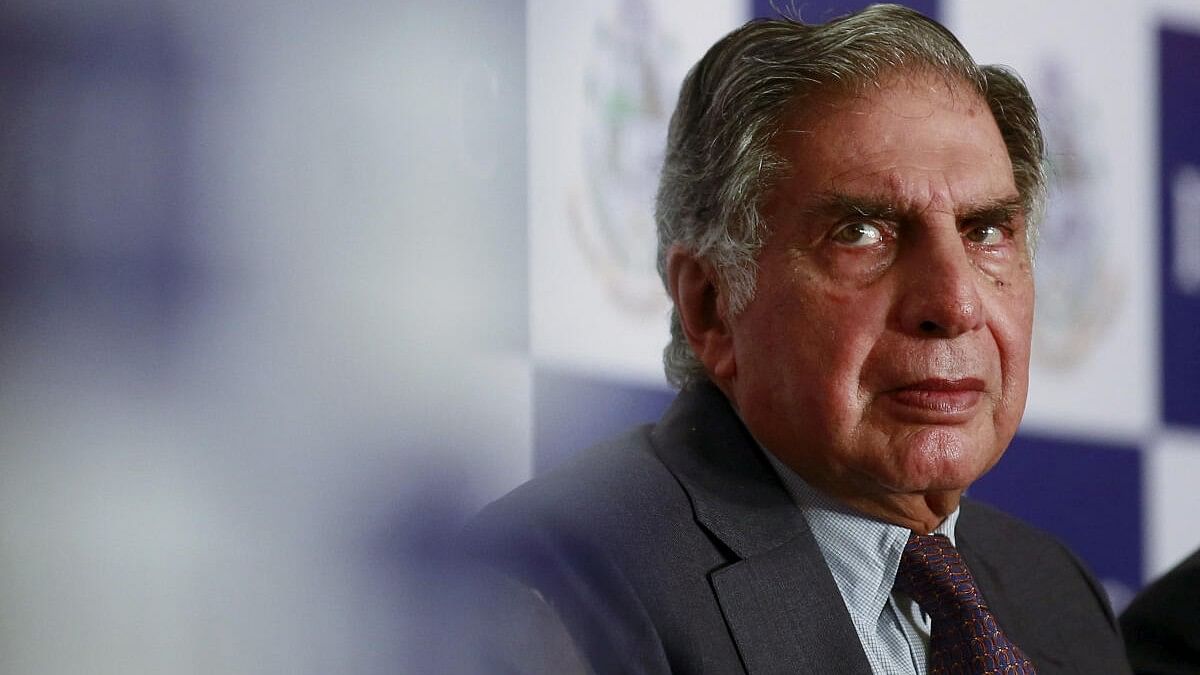
Ratan Tata.
Credit: Reuters Photo
Ratan Tata, one of the country’s most well-known and respected industrialists, who passed away on Wednesday, played a key role in taking Indian business to the global stage. He consolidated the Tata business empire, set new directions for it, and took it forward with visionary and ethical leadership. He transformed the 150-year-old group and made it fit to cope with new demands, accepted new trends and practices, and expanded it into new areas. While the group reorganised itself and assumed new visages, it also stuck to the values it was known for and retained the iconic image it had cultivated and inherited. Even when it became a multinational, operating from over 100 countries on six continents, it remained the quintessential Indian conglomerate that Jamshetji Tata founded. Ratan Tata guided the company through a crucial period in its history and an important era in India’s economic and business life, ensuring both change and continuity.
Ratan Tata’s tenure as the head of the group coincided with the country’s economic liberalisation. He had the perceptiveness and insight to make use of the new opportunities opened up by the change in policy climate. He also, importantly, had the personal qualities of intelligence, determination, integrity, and even innocence and generosity, which helped him to churn the institutional experience of the country’s oldest business group and take it to new horizons. He had to face resistance and organised campaigns from inside and outside, but weathered them with personal strength and business acumen that the challenges demanded. Some of the difficult decisions that he made, such as the sale of unproductive segments, launch of new products, promotion of companies which eventually became industry leaders and acquisition of new firms and some iconic international brands changed the face of the group. Infusing flexibility and dynamism in an established institution with entrenched habits, ways of thinking and practices is not easy, but he largely succeeded in it. He was known to give attention to detail without losing sight of the big picture, and that helped. The ability to give maximum autonomy and independence to the heads of units and sections while retaining control over them is a prized quality of good leaders, and he had it. He has also been known for his respect for the rights of workers and care and attention for them.
Ratan Tata’s contributions extended beyond the business world. His dedication to philanthropy, education, healthcare and rural development made him stand apart from many other business leaders. While being fully involved in the company and the world around him, he lived fully the loneliness at the top, and the interface between the two may have made him the remarkable man that he was in business and in life.